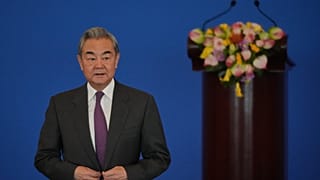mosquito
On August 20th, the world marks World Mosquito Day—not as a celebration, but as a reminder of the devastating toll these insects continue to take on global health.
Beth McGraw, head of biology at Penn State University, explains: "It's not really a celebration. It's a time to commemorate how important these really small beasts are in terms of their impact on human health globally."
The date commemorates Sir Ronald Ross’s 1897 discovery that mosquitoes transmit malaria, a finding that transformed medical science. Yet, more than 125 years later, mosquito-borne diseases remain one of humanity’s greatest challenges. Dengue, the fastest-spreading of them, killed nearly 12,000 people last year, with record outbreaks continuing into 2025 across the Pacific.
Experts say prevention at the household level can make a real difference. McGraw notes: "Mosquitoes lay eggs in aquatic environments … if you have standing water on your property—under pot plants or around air conditioning units—mosquitoes can breed there. Reducing that standing water is something you can do at the level of your household."
With over one million deaths annually linked to mosquito-borne diseases, World Mosquito Day calls for vigilance, innovation, and action against one of nature’s smallest but deadliest threats.











01:11
Malaria deaths, cases surged in 2024 with gains at stake - Report
Go to video
UNICEF secures agreement to cut malaria vaccine costs
01:57
Novartis reveals new drug to fight malaria resistance and transmission
02:09
Gabon researchers test promising single-dose malaria treatment
02:15
New malaria drug brings hope for infants in Uganda
01:03
Africa CDC welcomes first malaria treatment for babies as "major advance"